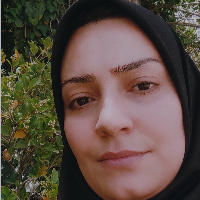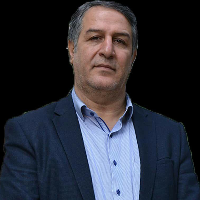Effectiveness of successful intelligence training on psychological well-being of Underachievement Gifted Students
One of the psychological variables related to the academic achievement of underachievement gifted students is psychological well-being. The aim of this study was to investigate the effectiveness of successful intelligence training on the psychological well-being of low-achieving gifted students.
In this study, a single case study method with A-B-A design was used. The statistical population included all underachievement gifted high school students in Isfahan in 2020, from which 3 people were selected by purposive sampling. After determining the baseline position, 12 sessions of successful intelligence intervention were performed for students within 2 months and one month after the end of the intervention, follow-up was performed. The research instruments were Academic Achievement Scale, Wechsler Intelligence Scale for children (WISC) Fourth edition, Progress Checklist and Psychological Welfare Questionnaire.
The results of the study showed a steady increase in the scores of the students' psychological well-being scale, which indicates the effectiveness of successful intelligence training in increasing psychological well-being.
Psychological well-being increases academic self-efficacy, which increases the motivation to learn more and academic progress, and on the other hand, successful intelligence training can be achieved by creating a balance between three analytical, creative, and practical abilities and a reasonable belief in weaknesses. To be effective in increasing the psychological well-being and in the result of the academic progress of gifted and underachieving students
-
The Effectiveness of Unified Transdiagnostic Treatment on the Internalized Problems of Children with Emotional Divorced Parents
Mahsa Mohammad Rajabi, Fariba Yazdkhasti *, Hamidreza Oreyzi, Ahmad Abedi
Journal of Applied Psycology Research, -
Social Development in Gifted Children: Challenges and Opportunities
Ahmad Abedi *
Psychological Research in Individuals with Exceptional Needs, Summer 2023



